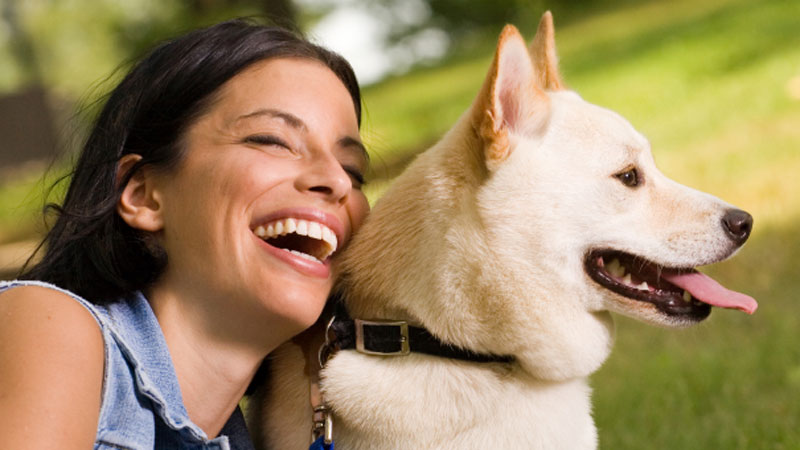Winter Problems
Numerous health problems seem to be more common or worse over the winter. The cold wet weather seems to exacerbate achy joints so you may find an old arthritic dog struggles more to get going in the morning. If this is the case, you may want to discuss any medications with your vet; they could the alter the dose or frequency of a drug or add in additional medications.
Seasonal weather and short days have enormous effect on exercising your dog. Walks will often be shorter and on the lead around the roads rather than bounding across fields. Just like humans, calories ‘in’ must equal calories ‘out to avoid weight gain so possibly adjust diet accordingly. When walking around the roads, a flashing light collar or fluorescent jacket are good ways to make them and you easier to spot. Most dogs will be fine without a coat in cold conditions but slim short coated breeds (e.g. greyhounds, chihuahuas) would benefit from one. Road traffic accidents are more common in the winter months.
Slippery muddy conditions can increase risk of injury when dogs are playing so be careful of ball throwing. After heavy rainfall (we`ve certainly seen that recently!) gentle streams can become fast flowing rivers so be careful if your dog is a swimmer that they don’t get into difficulty. Continually washing your dog after muddy walks can lead to skin issues due to loss of the normal oils. Try to allow mud to dry on the coat and then brush it out.
Feet (especially hairy ones) that are always wet after soggy walks can develop yeast infections (a bit like athletes’ foot in humans). The skin around the main pads becomes red, inflamed and smelly resulting in itchy feet. Always dry thoroughly after a walk and even use a hair dryer if your dog will allow it. Ears (especially long hairy ones) can be affected in a similar way. In snowy or icy conditions, the fur between the toes can get compacted and become painful or even lead to frost bite in extreme conditions. Heavily gritted footpaths can be irritant to dog’s pads.
There are various toxins to consider which are seasonal. Slugs and snail eggs are found beneath leaves and areas of damp soil so make sure your dog’s lungworm preventative treatment is up to date as these are easily ingested by inquisitive dogs. Be careful when planting bulbs; daffodils are especially toxic when ingested. Poinsettia plants have an irritant sap, but they taste bitter, so excessive ingestion is rare. Holly and mistletoe berries are also toxic when eaten. Antifreeze can leak from car radiators and if ingested this sweet tasting liquid can result in fatal kidney damage. initially your dog may appear drunk. The sooner treatment is started by your vet the better.


